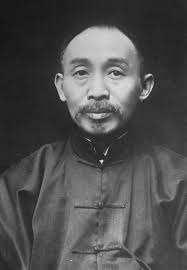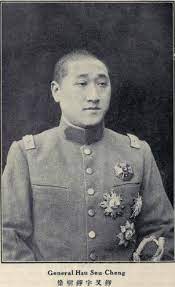Hsü Ch'ien (26 June 1871-26 September 1940), scholar and legal expert who helped reform the judicial system (1907) and who became one of the most prominent leaders in the Wuhan regime (1926-27). Although his native place was Shehsien, Anhwei, Hsü Ch'ien was born in Nanchang, Kiangsi. He had one brother, Hsü Sun (T. Feng-jen). His […]







